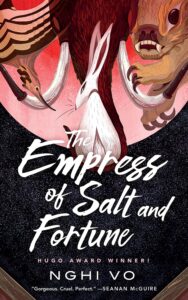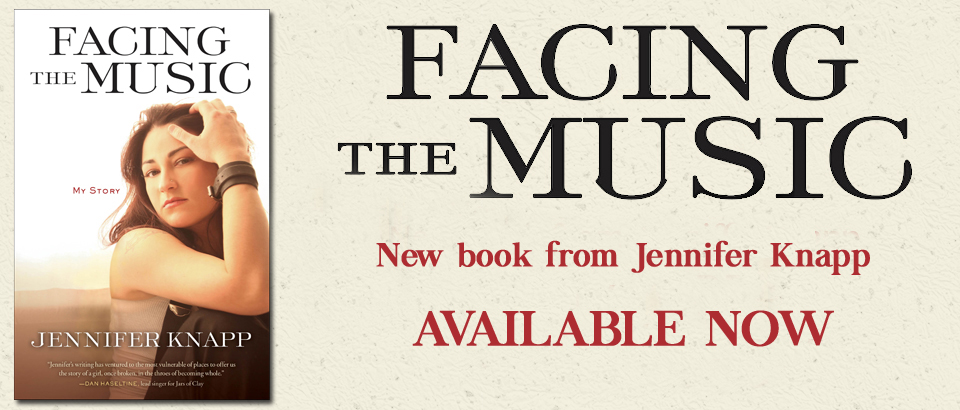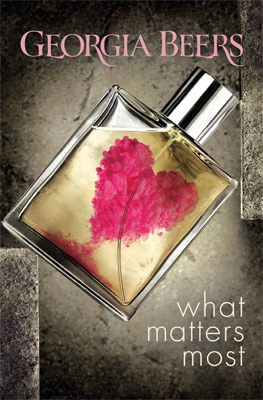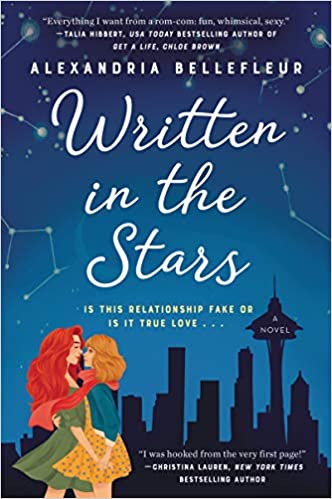Buy this from Bookshop.org to support local bookstores and the Lesbrary!
I don’t know why I put off The Empress of Salt and Fortune by Nghi Vo for so long despite all of the good reviews. Maybe it was the short length, novellas sometimes being an awkward pace. Or maybe it was the fact that all too often I mistake “high fantasy” for “too much exposition” with all of those battles and complex magic systems that just aren’t my cup of tea. Either way, it was my loss. This slim book is packed to the brim with court intrigue and politics of war, sure, but it does so by quietly unpacking the stories of characters traditionally kept to the sidelines. Nghi Vo’s work is always filled with such depth and lyrical writing, but this series in particular has quickly become one of my all-time favorites because of the way in which it insists on telling a different sort of fantasy story.
The book follows Cleric Chih from the Singing Hills abbey who is traveling with their talking hoopoe Almost Brilliant to record history, in this case the story of the recently deceased empress In-yo. Through a constellation of lost objects and the words of the empress’s former servant, Vo shows the outlines of a life in what it leaves behind. The story unfolds delicately through this collection of remnants. The book feels like a refutation of traditional history-making, Chih’s character almost fading into the background as they focus on listening and learning how to read the subtext. So much is left to interpretation, to tone, to understanding secret codes and double meanings. This is reflected, too, in the way the book refuses to overly-explain its setting, leaving the reader to tease apart the worldbuilding like a puzzle.
It’s a beautiful book that I’ve been recommending to everyone. With its short length you’ll only be giving up an hour or two, so I encourage you to give it a shot even if you aren’t typically a fan of high fantasy. With the fourth book just recently out (Mammoths at the Gate) and a fifth on its way in May (The Brides of High Hall), it’s nice timing to catch up on the books now. Each novella is meant to serve as a standalone entry point so you can’t go wrong with any of them—or really any of Vo’s works—but it’s worth starting with this one.
Trigger warnings: death, misogyny, war, suicide, murder




